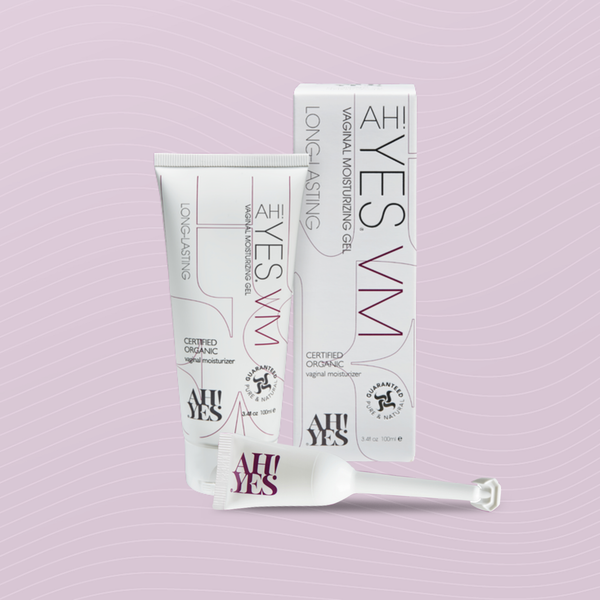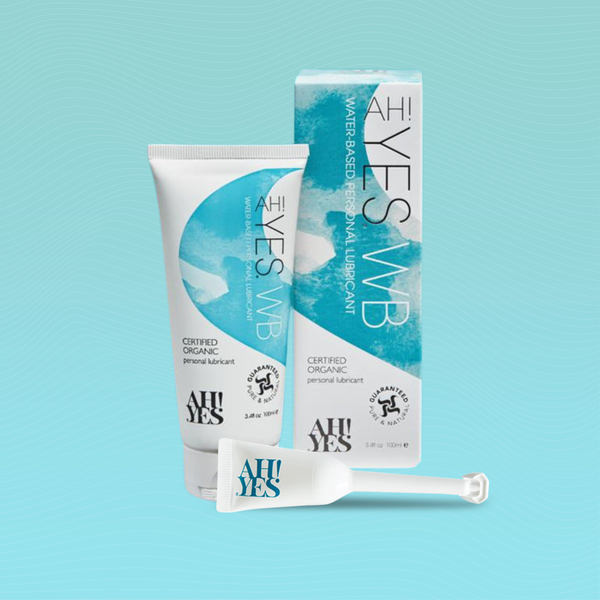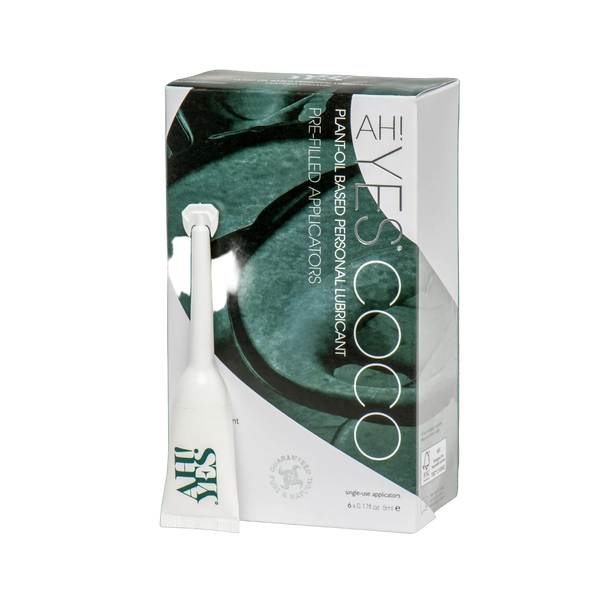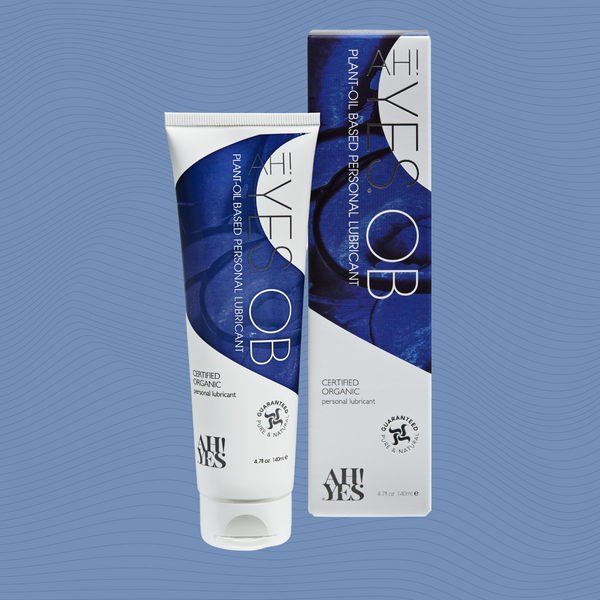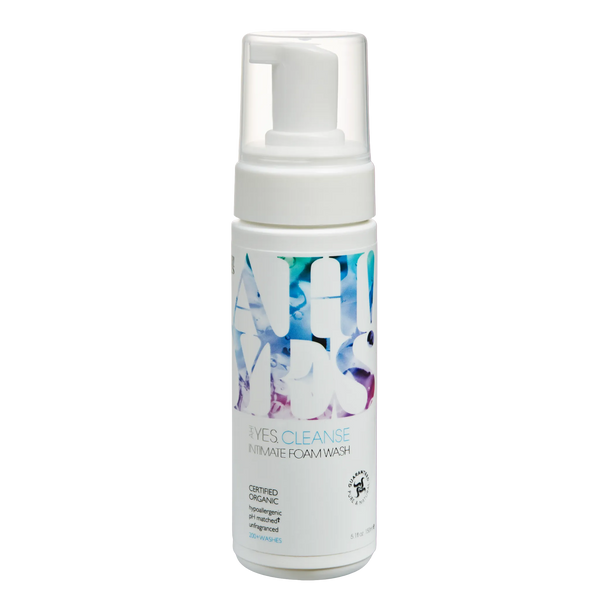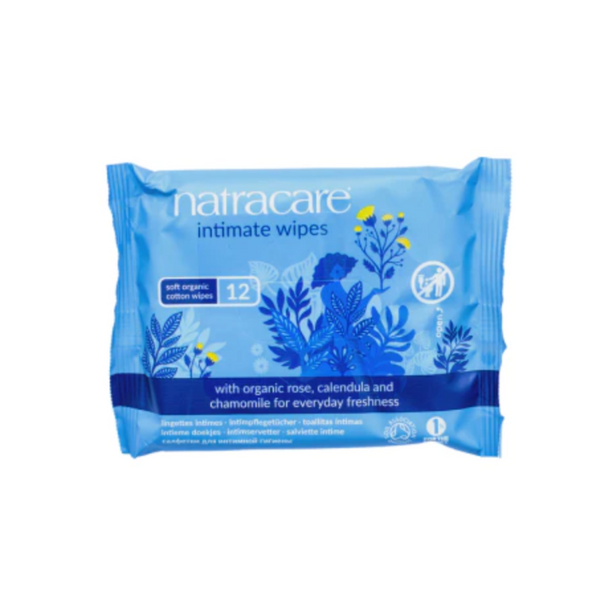When sexually aroused, the vagina produces a natural lubricant to help make sex easier and more pleasurable. Without lubricant, sex can be uncomfortable or even painful and the delicate vaginal tissues are at more risk to damage.
Various hormonal changes to the body can result in a lack of natural lubrication, such as menopause, medication, pregnancy or contraception. Using an artificial lubricant gel can help to enhance arousal and reduce friction during penetration – whether used with a partner or with a toy.
Unsure of where to start? We’ve got you covered. Read more to find out more about why you might need to lube; an explanation of the different types of lubricant and how best to use it.

Is it good to use lube?
If you have vaginal dryness you may want to use a lube. Dryness affects people for a variety of reasons including:
- Hormonal changes to the body, i.e. during pregnancy or the menopause.
- Certain types of hormonal contraception or medication can affect natural lubrication.
- You can be dryer during certain stages of your period cycle.
- Dryness can even be caused by stress.
For those experiencing vaginal dryness, using a lube will help to make sex more pleasurable, by making it less painful, as the lube creates a barrier between the intimate tissues, creating less friction. Lubricants that contain natural ingredients such as AH! YES®, are also able to help to replenish dry tissues, i.e. flax seed, aloe vera and shea butter.
Using lube is also a great way to enhance sex with a partner. It’s really fun to introduce lube into foreplay to increase arousal. You could try experimenting with the different sensations of applying it to each other, or even combine two different lubes, such as AH! YES® WB and AH! YES® OB, or AH! YES® COCO. Apply AH! YES® OB, or AH! YES® COCO first and then layer AH! YES® WB on top – the plant-oil based lube is longer-lasting whilst the water-based lubricant creates a natural, silky glide effect – trust us it feels so good!
You don’t just need a partner to use lube, why not experiment by yourself or with a toy? It’s a great way to explore your body and discover what you enjoy.
Which lubricant should I use?
When choosing a lubricant, you should consider the following:
- Will you be using condoms?
- Are you trying to conceive?
- Are you using a toy, and what material is your toy made of?
- Are you planning on having sex somewhere other than the bedroom, i.e. in the shower or hot tub?
- Are you experiencing vaginal dryness or discomfort?
- Will you be experimenting with anal sex?
There are different types of lubricant…
Once you’ve considered what you need from your lube, it’s worth exploring the different options...
Water-based
A water-based lubricant such as AH! YES® WB has a silky gel-like texture, designed to mimic your own natural lubrication. It’s discreet, non-sticky, smell and taste free, plus it’s matched to the pH of the vagina, which means that it is less likely to cause irritation. Aloe vera makes this lubricant intensely hydrating, whilst locust bean creates a sublime slippery texture. AH! YES® WB is a great choice for using with toys and is condom-compatible.

Plant Oil-based
AH! YES® OB is made from natural plant oils including sunflower seed oil, shea butter and coca seed butter to create a rich and soothing, emollient lubricant. The high concentration of plant oil makes this lube longer-lasting once applied, which is ideal for prolonged sessions. The velvety texture feels fantastic when smoothed onto the body, so you can also use it as a massage oil during foreplay! It’s also perfect for use in the shower as the plant-oils allow the water to slide off it, rather than washing it away instantly. Plant-oil based lubricants like AH! YES® OB are not condom compatible, as the plant oils dissolve latex and other similar polymers – this means the condom can easily break. AH! YES® OB can be used with toys, just avoid any made with latex rubber. Instead opt for AH! YES® WB. But don’t use a silicone lube with a silicone sex toy – silicone oils dissolve silicone sex toys – not exactly what you want to happen!
AH! YES® COCO applicators contain organic coconut oil blended with jojoba oil for our most smooth and nourishing lubricant yet! With AH! YES® COCO, you'll get the glide of silicone, with the nourishment of organic coconut oil. It lubricates naturally, reducing friction and easing penetration. AH! YES® COCO provides instant relief from dryness, irritation and discomfort and is specifically designed to look and feel like natural female lubrication. It's not condom compatible.

Anal Lubricant
Unlike the vagina, the anus cannot self-lubricate so it’s essential to use lots of lube to make anal sex easier and more pleasurable. It also helps to avoid tearing the delicate tissues. We recommend that you explore options that are specifically matched to the rectal pH (pH7.5 -8.0) – these differ from those designed for the vagina (pH4 – 4.5).
Vaginal Moisturizer

Ingredients to avoid
You might be thinking, can’t I just use what’s at home? What can be used as a lubricant? Saliva? Baby oil? Vaseline? It’s often tempting to turn to the potential options for a lube at home, but there’s a reason that you shouldn’t just opt for any old gel or cream. You’ll be applying it to the most delicate areas of your body after all! AH! YES® lubricants have been formulated to compliment the natural bodily environment. They are made with certified organic plant-based ingredients which work with the body, not against it. They are also pH matched to the vagina. Matching vaginal pH may help to help prevent irritation and infections.
It’s important to consider the ingredients within a product, especially one that you’re applying to your delicate tissues. We recommend that you avoid the following:
- Glycerin – Although glycerin is typically found in soaps and shower gels, renowned for it’s moisturizing properties, it should be avoided in intimate products, as when used in low concentrations, glycerin is a nutrient for thrush, whilst in higher concentrations, it damages the mucus membranes.[1]
- Silicone oils – Much like petroleum by-products (Mineral Oil, Petrolatum and Paraffin oil, which should also be avoided), silicone oil coats the skin and restricts its ability to breathe. There is a lot of controversy regarding unwanted side-effects of silicone in shampoos and conditioners. The oils are extremely difficult to wash out, and can cause long-term dryness[2] so you could argue that it’s not ideal for lubrication.
- Parabens – Parabens, i.e. Methylparaben, are a range of synthetic preservatives that are used to prevent the growth of bacteria and mold. A number of studies suggest that parabens’ presence can be a cause for concern regarding breast cancer[3]. Though such claims have not been proven, we prefer to stay safe and use alternative ingredients to preserve all AH! YES® products.
Emergency lubes
Beware of using that jar of coconut oil in the fridge (or any cooking oil) as an emergency lube. Whilst they will work well, if they have been opened and used for cooking you run the risk of infecting yourself, who knows what was on the last spoon that was dipped in? Oils contain no water, so no pathogens can grow in them, BUT the bacteria, fungi and other pathogens are not killed, so the contaminated oils can introduce infectious pathogens to the vagina or rectum. In the presence of water this can then cause infections. All commercial lubricants are tested for contamination & pathogens.
How to use a lube
So, you know which lubricant you need, but how do you go about using it? A lube can be used internally in the vagina and externally on the vulva and penis. You might want to start off by applying the lube to yourself and your partner as stimulation during foreplay or just before penetration (either with a partner or toy). You can warm up a lube in your hands before applying if you wish. Assess how much you need and re-apply as required as you go! For a longer-lasting session, opt for a plant-oil based lube like AH! YES® OB or try applying AH! YES® WB water-based lubricant on top of AH! YES® OB. It feels amazing.
Top tip – It is not always necessary, but you might want to lay down a towel if you are concerned about getting any lube on your bedsheets.
Do you need to wash off lube after sex? A lot of lubes require washing off after use, especially Silicone oil lubricants, AH! YES® has been formulated to be non-sticky, so you can enjoy getting intimate without any interruptions.
Still unsure which lubricant to use? Here’s a brief summary:
| Am I ….. | Why should I care…..? |
| Using condoms? | Use a water-based lubricant like AH! YES® WB (plant-oil based lubricants are not condom compatible) |
| Trying to conceive? | Use a sperm friendly lubricant or a glycerin free (isotonic) lubricant like AH! YES® OB |
| Very sensitive to chemical ingredients? | Chose natural and ideally certified organic lubes, like the AH! YES® range, which are guaranteed pure and natural – look for the MADE SAFE logo on all our lubes. |
| Prone to Thrush? | Use a water-based lubricant, like AH! YES® WB, that matches typical vaginal pH. Thrush outbreaks happen when typical vaginal pH changes. |
| Using a toy, and don’t know what lube to use?
|
If it is a silicone toy don’t use a silicone lubricant, silicone lubricants react with and damage silicone toys. Water or plant-oil based lubes are good for almost all toys. |
| Having sex in the shower or hot tub? | Use a plant-oil based lube, like AH! YES® OB, they don’t wash off unlike water-based lubes and last for ages…. |
| Worried about vaginal dryness and/or discomfort when making love? | Using a longer lasting more robust lube, like AH! YES® OB plant-oil based with natural feeling AH! YES® WB. This gives more protection, lasts longer than a water-based lube on its own and enables you to relax more easily. |
| Experimenting with anal sex? | Always use an anal lube, like YES® BUT, that is designed for anal sex (matches rectal pH & is isotonic). Rectal tissues are more fragile and sensitive, than vaginal tissues, so always use an anal lube for anal sex, not a vaginal lube – it’s too acidic. |
Is lube necessary?
Many women suffer from vaginal dryness at some time during their lifetime, causing discomfort, pain and lack of arousal. As a result, they might require the help of lubricants to make sex more comfortable and enjoyable.
A study conducted in 2013 revealed that 2,451 women aged between 18-68 were extremely positive about using lube and preferred sex to feel more wet than not. In addition to this, 9 out of 10 women felt that sex was better and more comfortable using lubrication[4]. Although lubricant is not necessary, it can help to make sex and sensations more pleasurable, fun and experimental.
There are lots of different types of lubricants available in pharmacies and supermarkets (both water and oil-based), meaning you will be able to find the right one that works for you and your partner.
How much lube should you use?
When it comes to how much lube you should be using, it isn’t a case of one size fits all and couples should use the amount that works for them. That said, many sex experts encourage people to use lube liberally to achieve the desired level of pleasure[5].
Can lube benefit men too?
It’s not just women that can benefit from using lube. It can also make sex far more pleasurable for men too – a well-lubricated penis can not only enhance sensation but also prevent damage to the tissue of both the vagina and the penis. According to research, sex also lasts longer and feels better for men when using lubricant[6].
Many older men enjoy using lube to intensify pleasure and help their erections last longer. Lubricants are particularly good for men who face challenges in the form of erection and arousal problems.
So, although lube is not necessary, it can be a great way to enhance your sex life and enjoy the many benefits that come hand in hand with lube.
If you take one thing away, just remember to make sure that when using a lube, you consider the options and find the best one for you. Shop AH! YES® lubricants here.
References:
- Cosmetics Unmasked, Dr. Stephen & Gina Antczak
- Why You Should Switch to Silicone Free Shampoo, Green People
- Cosmetic chemicals found in breast tumors, 12 January 2004 www.NewScientist.com
- How lubricant can transform your sex life
- How to Use Lube to Make Sex So Much Better
- How Lubricant can Transform your Sex Life
Empower yourself
Read more about the changes your body goes through during peri menopause and post menopause.

